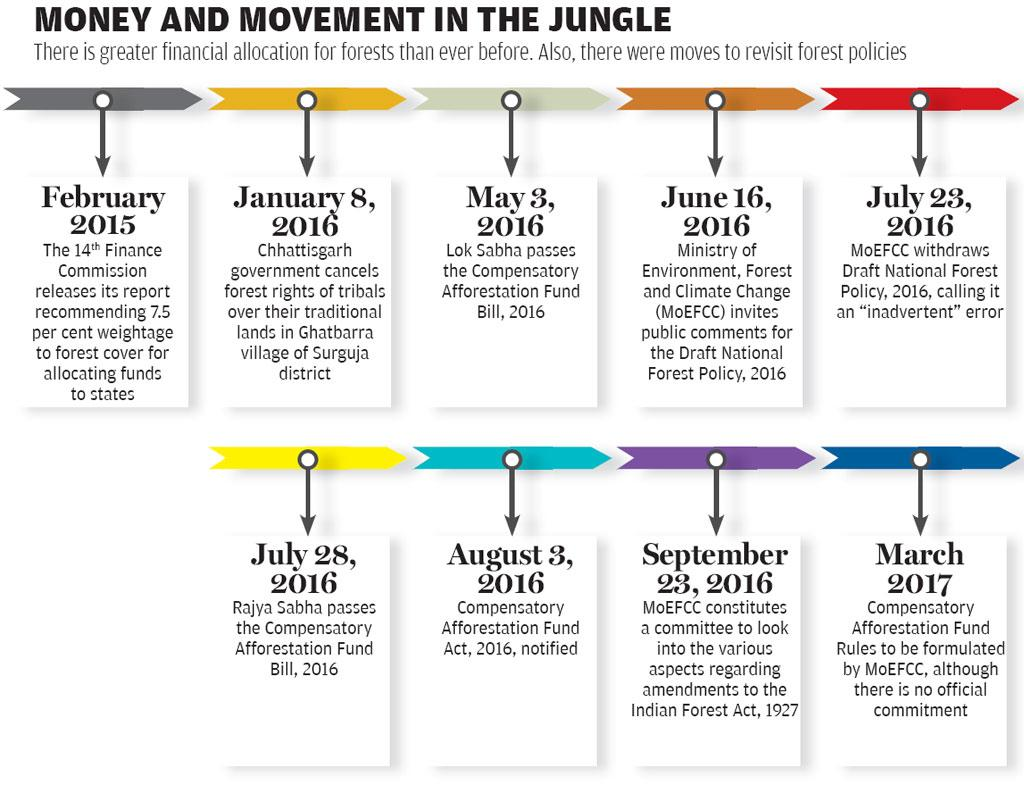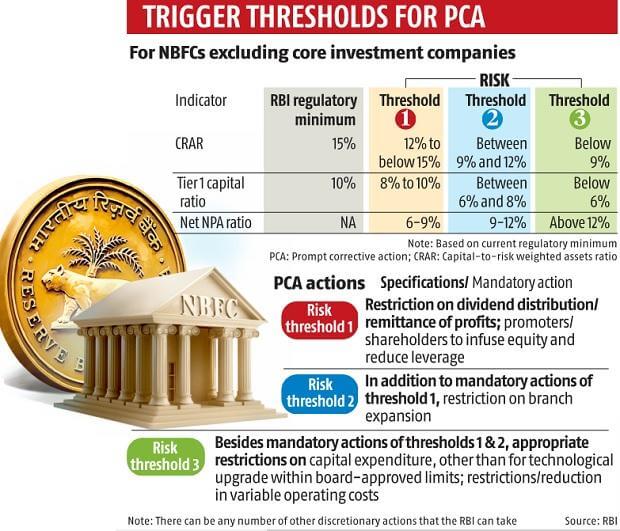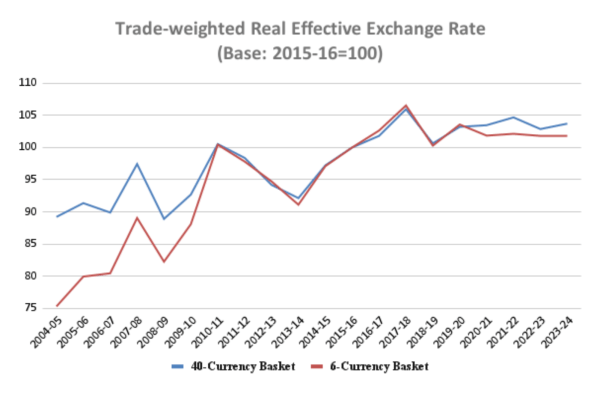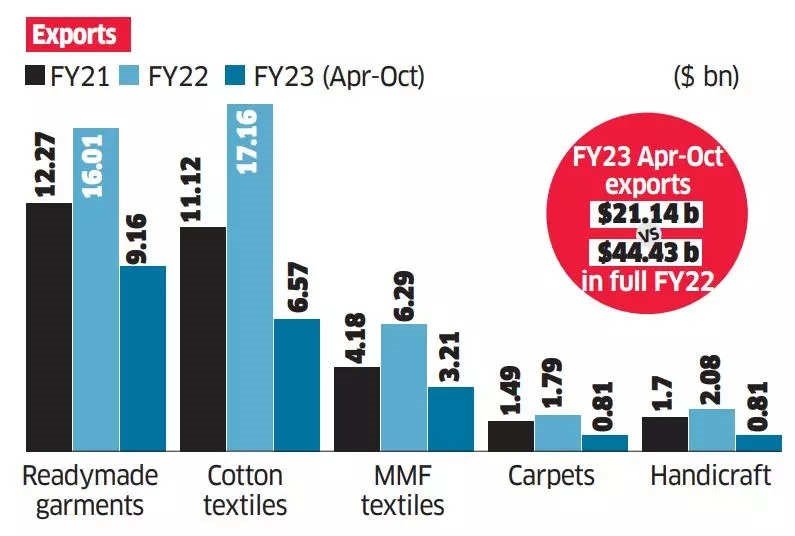
Inheritance Tax
Subscribers of "Current Affairs" course can Download Daily Current Affairs in PDF/DOC
Subscribe to Never Miss an Important Update! Assured Discounts on New Products!
Must Join PMF IAS Telegram Channel & PMF IAS History Telegram Channel
- Context (LM): Sam Pitroda’s recent comments on ‘inheritance tax‘ in India have sparked a debate on whether introducing such a tax could lead to fairer wealth distribution.
- Some argue against implementing an inheritance tax in India because it would disincentivise hard work and could regress the country.
What is an inheritance tax?
- Inheritance tax, also called estate tax, is a tax imposed on the total value of money and property left behind by a deceased person.
- The tax is calculated based on the value of the assets left after any exemptions or deductions.
- Its purpose is to generate revenue for the government and redistribute wealth.
- The rates vary across countries and influence economic policies and social welfare systems.
- In Japan, the inheritance tax rate is 55%, making it one of the highest globally.
- South Korea has a rate of 50%, followed by France at 45%.
- The United Kingdom and the United States both have rates of 40%.
India’s Case
- In India, there has been no tax on inheritance since the inheritance or estate tax was abolished in 1985.
- However, inherited assets may be subject to additional taxes, along with potential implications for income tax.
- India also has a capital gains tax applied when capital assets are sold.
- A proposal to impose an estate tax during the COVID-19 pandemic faced significant criticism.
Tax implication on Inheritance
- Income generated by inherited assets, like interest, dividends, or rental income, is generally subject to income tax.
- The income tax rate and treatment may vary based on the type of income and applicable tax laws.
- Tax liability arises not at the time of inheritance but when the inherited property is sold.
Taxation on capital gains from the sale of inherited property
- Capital gains from property sales are taxed differently based on how long the property was owned.
- Short-term capital gains are taxed according to the individual’s applicable slab rate.
- Long-term capital gains earned after holding the property for over 24 months face a tax rate of 20.8%, including cess.




![PMF IAS Environment for UPSC 2022-23 [paperback] PMF IAS [Nov 30, 2021]…](https://pmfias.b-cdn.net/wp-content/uploads/2024/04/pmfiasenvironmentforupsc2022-23paperbackpmfiasnov302021.jpg)











